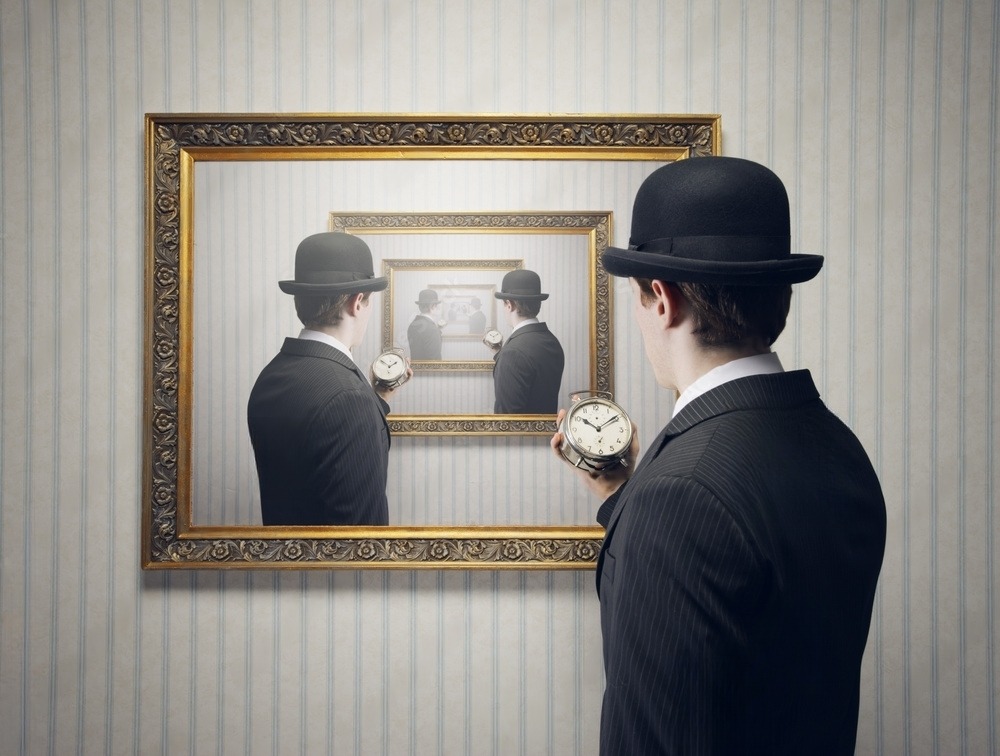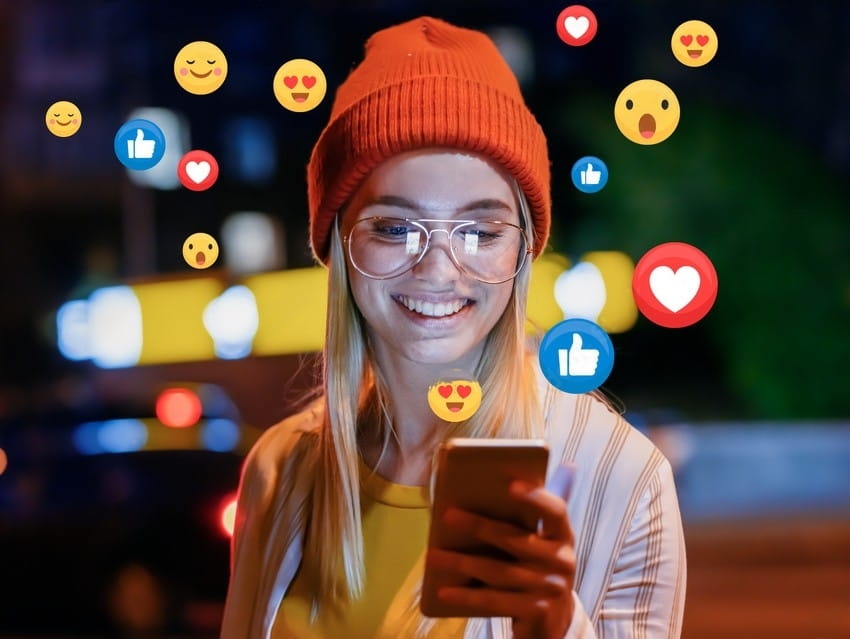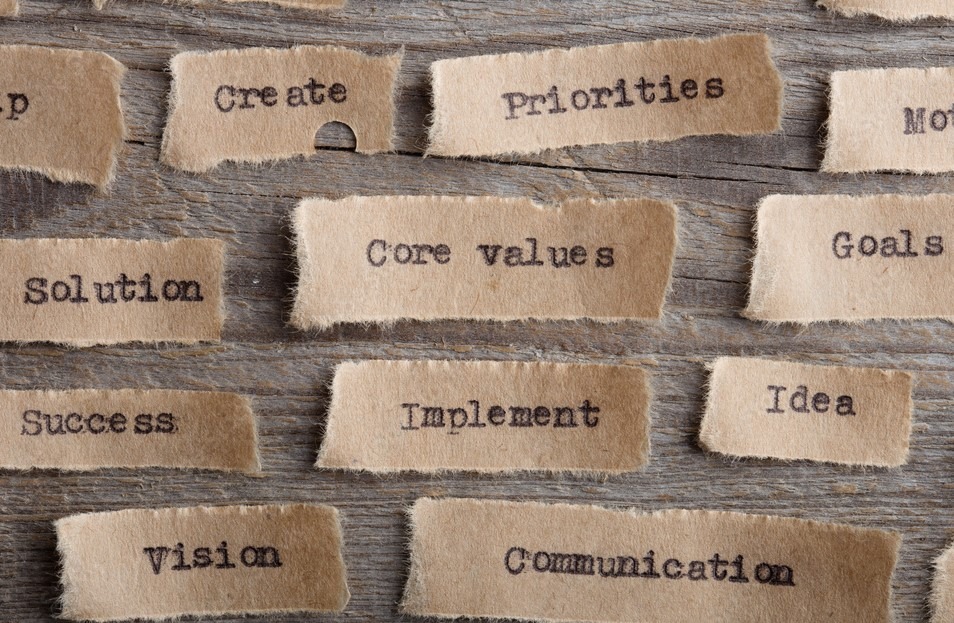*Please note that some aspects of illusions can be quite overwhelming for people experiencing hallucinations or other perception adjustments. Please be mindful of this as you are reading this blog post. *
When I say illusions, people typically assume that I’m referring to magic tricks. The sleight of hand, the sudden disappearances, the general stage and street magic that is more familiar. These are only possible through the greater phenomenon of illusion which lends its name to the magic. While mostly they are neat phenomenon that don’t lend to fear – there are times when these illusions can lead to discomfort. If you do notice you’re experiencing more illusions that you think you should be, please connect with us for your Risk-Free Consultation and we can help figure it out with you.
The big question then, what are illusions?
Well to understand illusions, we must understand perception. Without getting into a philosophical debate, our minds construct our reality based on our experiences. There is a physical world. Don’t worry. This isn’t that kind of blog. It’s our interactions with the physical world that create our interpretations of it. You brain takes the information that is being input from the external stimuli, runs it through all the things you know/have experienced, and spits out what you are experiencing now. Clear as mud?
Let’s try an example:
You’re walking in the woods, it’s daytime, you’re having a good time. You might be walking with someone and all of the sudden it seems like you’re surrounded by whispers. So you ask the person you’re with if they hear that and they say they don’t. You start to become uncomfortable and then you come across a stream. Next thing you know, the whispers sound like running water.
That’s it, that’s an illusion. Your brain interpreted the sound of water as whispers because in this scenario, your brain thought whispers were more expected than running water. Once you’re faced with the physical stimuli that is making the sound, your brain corrects itself. These are auditory illusions, and they’re fairly common. However, all senses can lead to illusions. Tactile, spatial, visual, scent, all are available to misinterpreted in your brain.
Cognitive Illusions
This misinterpretation sounds like something else that often comes up in psychological circles, heuristics. When your brain fills in the gaps left in conversation or memory. This often leads to misunderstandings and frustrations. Once you come upon the actual experience, often by asking the other person, then these feelings can dissipate. Of course, this needs a qualifier as the feelings dissipate if there isn’t something else holding that belief up.
The two most common types of cognitive illusions (also called memory illusions) are likely going to be quite familiar. Déjà vu and Jamais vu. In the case of the former, it is the misremembering of something already happening – the illusion that you have already experienced this previously. In the case of the latter, that something or someone very familiar feels like they are not familiar. Your brain is filling in the gaps with something or someone else that seems to fit the scenario more.
This tendency to fill in the gap is also related to the difficulty with things like eyewitness testimony. Sometimes, the brain can convince you that something was present when it wasn’t. Since we want to really trust our perception of the world and memory, this can be a difficult and uncomfortable. You can still trust the world as you experience it and be a little hesitant on trusting your memory as an absolute. If we couldn’t adjust our relationship with our memories and perception, then a whole lot of clinical/counseling psychology just wouldn’t be effective.
Kind of related side note here: this is why you shouldn’t surprise someone. Seeing someone unexpectedly can cause an illusion or general anxiety. It’s why people often seem unhappy when surprised rather then excited. It’s just thrown their brain for a whirl, it’s not that they aren’t happy to see you.
Illusions are not hallucinations
Illusions always have an external stimulus that has caused them. They may not always be readily identifiable, but they are always there. Hallucinations do not. They are not caused by the physical world. They are related to internal stimulus. So, if you experience illusions that are connected to the outside world, it’s not generally a cause for concern.
When you’re really anxious or afraid, you may experience illusions that feel more intense. This is because your body is primed to be aware of danger. Sometimes these are referred to as pseudo-hallucinations because of the relationship between your internal stimuli and the experience you’re having with the world. Fear not, they are still not hallucinations.
Illusions can be scary and uncomfortable. They’re more likely to occur when things are stressful, or when you’ve taken something that alters your perception. If either of these things are happening regularly and you want to change that book your consultation today!
Angela MacLeod, RPsych











